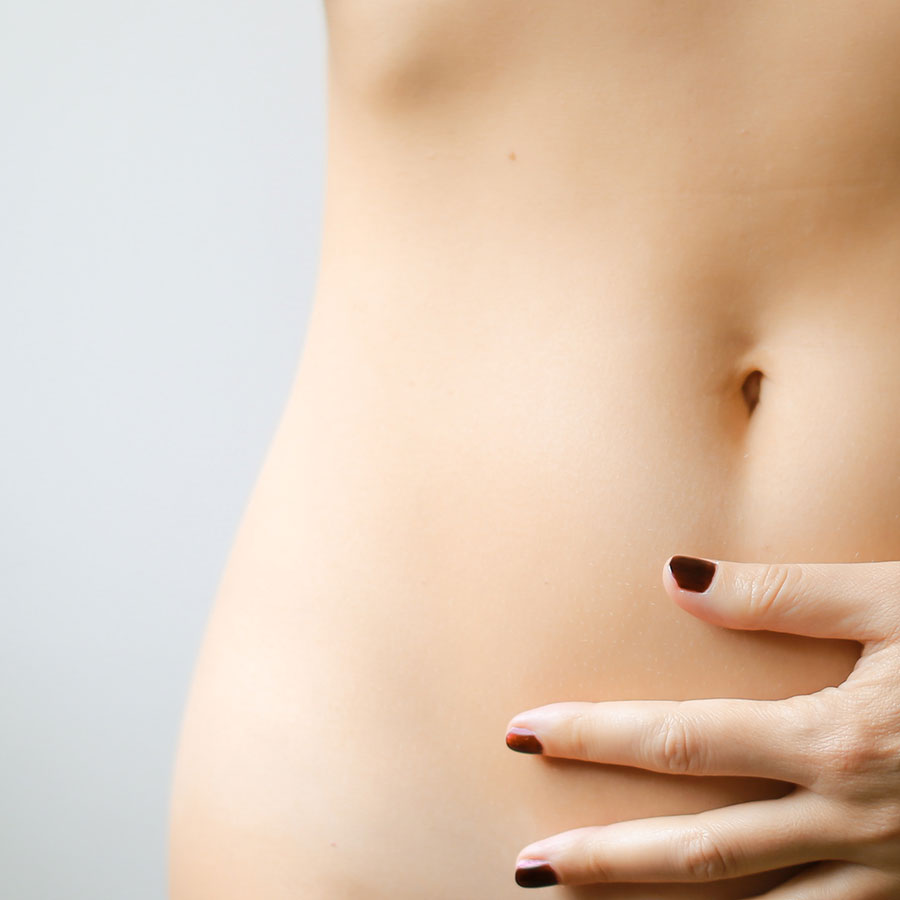
Maldigestion and gastrointestinal symptoms. Concepts around bloating, maldigestion and what are these terms.
What is maldigestion?
This term is used for impaired digestion of protein, fats, and starches or carbohydrates. If any maldigestion occurs, it’s going to be very hard to fix the microbiome. And to fix the potential of the so-called “leaky gut” or intestinal permeability. So we always want to start with any patterns of maldigestion = no digesting well.
What about malabsorption?
Malabsorption is more severe; that’s the end stage where you have significant gastrointestinal malfunction, where you’re not able to absorb nutrients very well.
The key here are your symptoms after eating.
- If you have any bloating, acid reflux, or burping after eating, those are signs of maldigestion.
- If you have any abdominal sensations after eating, like you feel like a brick in your stomach or persistent gas after meals, those are all signs of maldigestion.
- If you have any change in your bowel function — constipation, diarrhea, or alternating constipation and diarrhea, those may be signs of maldigestion.
- And then if you have to compensate for your gut not working, whether it’s taking digestive enzymes or laxatives, or antacids, those are clues that you may have maldigestion.
What’s common is that there’s lots of people that are actually eating really well, eating healthy foods, eating superfoods, eating a rich form of diverse colourful flavonoids in their diet, and juicing and doing all the great things that they should be doing, but they still have gastrointestinal symptoms.
Almost EVERY type of disease has a gastro-intestinal bacterial dysbiosis connection somewhere (dysbiosis is the term of gastrointestinal microbial imbalance). We now know that bacterial interaction with the mucosal immune system allows the fast transfer of information throughout our human genome.
Maldigestion and malabsorption are triggers for intestinal permeability or leaky gut: this means the opening of the tight junctions we all have in the small intestine. This is very vulnerable to damage and abruptions in its integrity have been linked to numerous autoimmune and allergic diseases.
What is the problem then?
What could be happening when there is malabsorption and intestinal permeability? There may be changes in communities of our resident bacteria: because the inactivation of our digestive tract’s “proteases» (enzymes) depends on the presence of bacteria, a change in composition or absence of adequate bacterial friends of these enzymes may lead to increase wrong friends for digestion and gut barrier.
What could we do in clinic?
- It is a very difficult question to answer as we have very equal cases with same symptoms and not having worked the same protocol implementation. Personalisation is key.
- Protease supplements are sometimes used to help patients with alterations of digestive capacity and to facilitate a change in the structure of bacteria biofilms in the gut.
- These enzymes break down / degrade microbial strong capsules called biofilms increasing immune penetration and effectiveness of antimicrobial therapies.
- Probiotics – some people may succeed, and should resolve any increase in intestinal permeability, others may suffer from worse reactions.
- We have also heard of the term glutamine to support abruptions in the mucosal barrier. As it may also be caused by deficiency of nutrients such as glutamine. But some individuals may experience adverse reactions, so I am particularly sceptical when supplementing with glutamine only as my first shot.
What can you at home when you’re experiencing many symptoms of bloating before you start working with a clinician?
- Leave about 5-7 hours window of not eating. If you are under stressed, then eat but much less than what you would normally eat.
- Drink lots of water away from foods.
- Avoid fruits for 1 entire day / 24 h
- Avoid hard fibres such as: wheat, artichokes, asparagus, psyllium husk, flax seeds or chia if not tolerated. You would ask yourself: aren’t these foods necessary for a healthy gut? Yes but we are talking about an acute reaction of symptoms.
- Avoid pickles/ fermented foods
- Limit processed foods, fried foods, alcohol, grains, and dairy.

What to do instead?
- Prepare a vegetable broth.
- Intake of blended food in the evening with low cereal impact.
- Zucchinis are the best vegetables when there is a lot of reaction.
- Avoid raw foods / fruits in the evening.
- Take a herbal blend / infusion before going to sleep.
- Call a clinician to help you manage your symptoms.
Stay calm, live and cook slow!
Paloma













Social